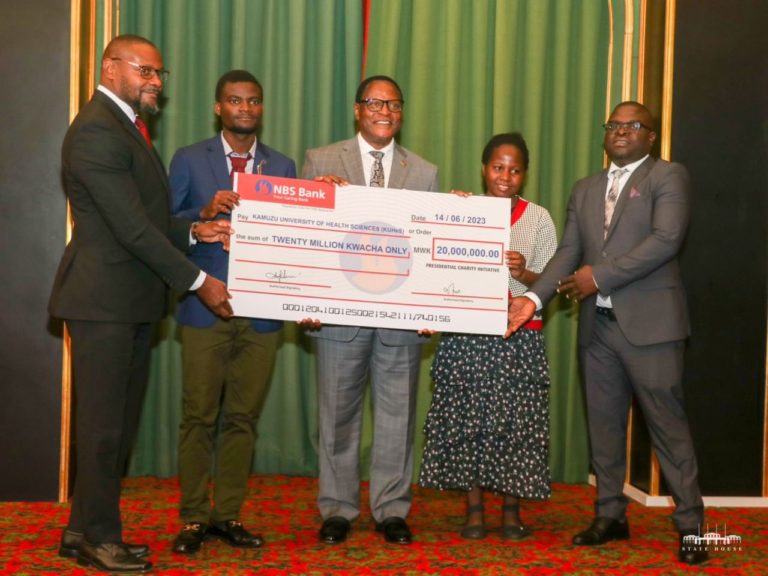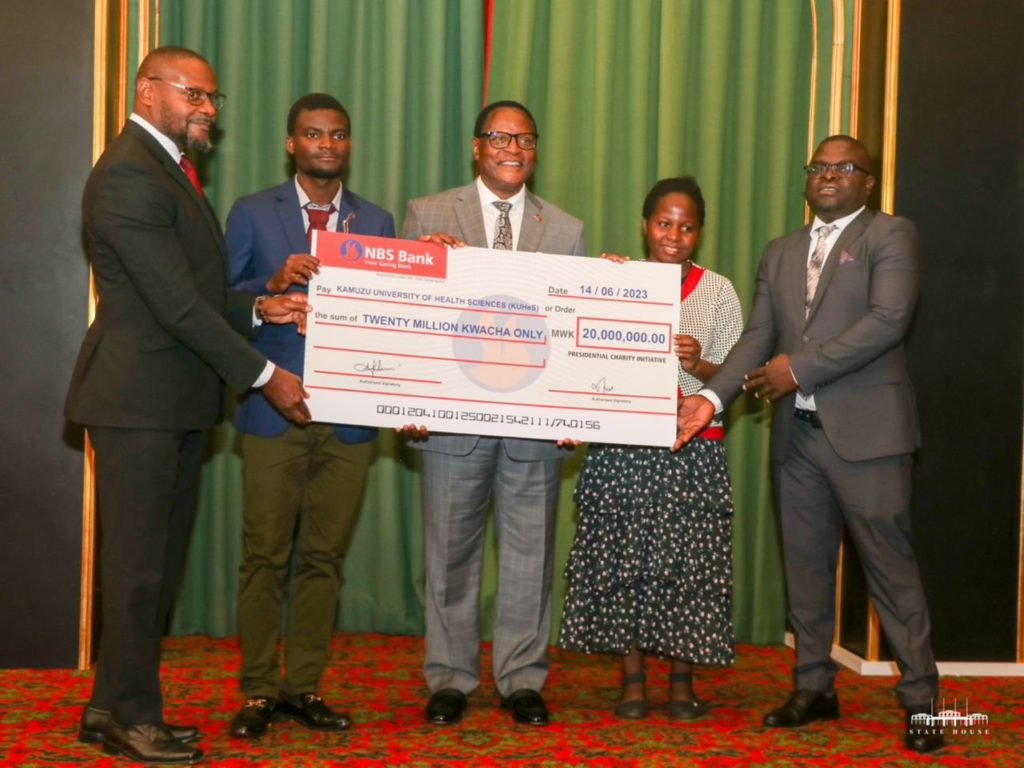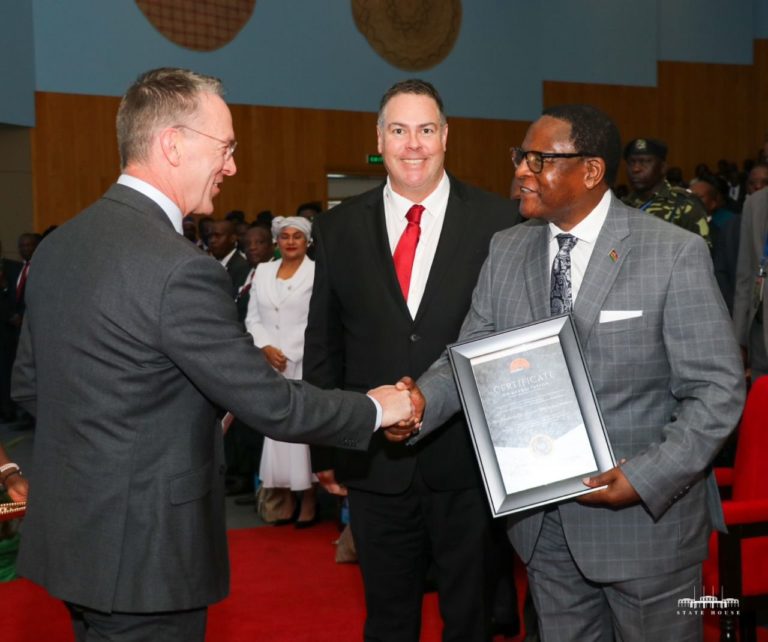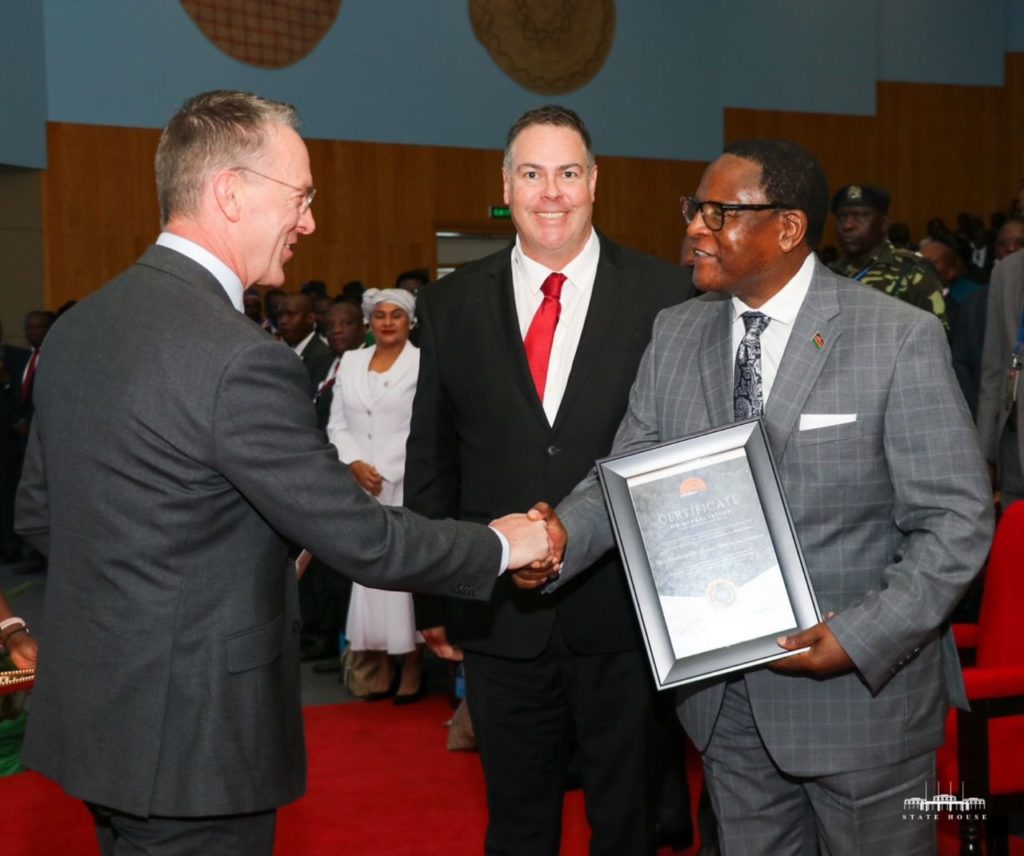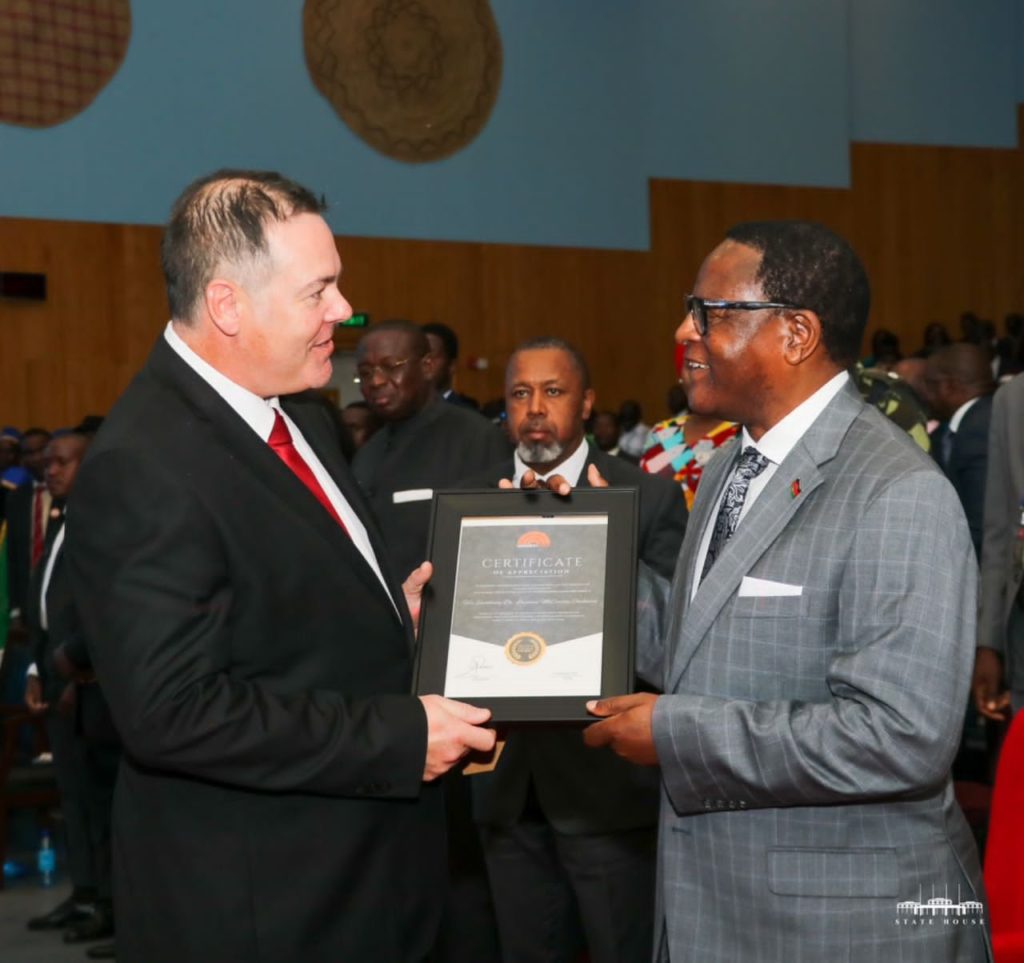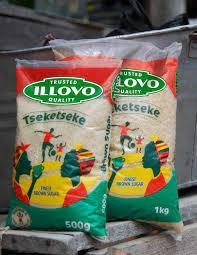By Our Reporter
The Queens Bench has all the reasons to believe that the said Spokesperson from Public Procurement and Disposal of Assets Authority (PPDA) was entirely misquoted by the paper that published the story.
The Communication from the PPDA was clear in that when the Ministry of Agriculture wrote the authority about the intended transaction, the authority referred the matter to the office of Attorney General. Now let us deal with that aspect. Why did the DPP refer the matter to the AG instead of proceeding to vet?
The Public Procurement and Disposal of Public Assets Act, No. 27 of 2017 of the Laws of Malawi draws the mandate and confers the jurisdiction of the PPDA. The said jurisdiction is reflected in the functions of the authority as provided for under section 5 of the Act. In the main, the PPDA is responsible for the regulation, monitoring and oversight of public procurement and disposal of assets in Malawi.

Now, COMMERCIAL ACTIVITIES which involve trading (i.e. buying for re-sell) of commodities does not fall within the contemplation of procurement and disposal of assets. It is entirely on the understanding that the PPDA does not have jurisdiction to regulate commercial transactions that a public institution, so-enabled by law, may do, that the Authority had to direct the issue to a relevant office than itself trying to handle what it lacks jurisdiction.
Instead of quoting the Spokesperson properly that the PPDA does not have jurisdiction and it referred the matter to appropriate office of the Attorney General, the paper opted to misquote and misinform the public with propaganda-oriented newsfeed.
It is well-understood that the main purpose of entering the purchase and sale agreement with the fertilizer supplier is for the Government to directly purchase the commodity from producer(s) and sell to consumers in Malawi, thereby cutting out middlemen (most of whom are foreign nationals from Asia and Burundi with a few locals). By doing this, I think the Government has been on an innovative path to combat forex leakage that occurs in the fertilizer business in Malawi.
These middlemen, who put huge mark-ups that resemble pure theft and refuse to be paid in local currency in preference of US$ currency, mostly externalize (read as smuggle) the forex to their respective countries or other preferred destinations abroad thereby ‘hemorrhaging our already-wounded’ forex vault. It is these foreign business people (joined with the few local traders who feel their business is threatened) that are suspects, in my view, of sponsoring the misinformation campaign around the deal.
Their main argument has been the SOVEREIGN GUARANTEE which I even suspect most are arguing about it without proper information on the mechanics of the facility. Under the Ministry of Agriculture exists a catalogue of entities that undertake commercial transactions for profit and these include ADMARC and Smallholder Farmers Fertilizer Revolving Fund of Malawi (SFFRFM) among others.
By being a guarantor to any of these, the Government is not actually issuing out a cheque nor is it transferring cash to the company with which the concerned entity has entered a deal. No! What it means is simply that Government has recommended the deal to go ahead with assurance that in case of default by the entity, then the Government will take up the responsibility. That’s it. Such guarantee is called SOVEREIGN because it is being issues by a sovereign country. Nothing beyond this basic concept which may justify any confusion.
The argument that this guarantee stinks corruption is beyond an understanding of any reasonable man including the Queens Bench. It is simply a narrative that is borne out of malicious propagation and bloated in that proportion by those with inherent dislike to the current administration maybe. Some are doing so without actually realizing that they are failing to understand the truth because they have been infested with sponsored lies. Thus they are innocently hating on something they should not hate in the first place.
In my view, if there is anything worthy hating by any patriotic citizen then is the machinations by the cartels who are spending sleepless nights fighting the Government initiative of cutting costs and availing the critical commodity (fertilizer) at lower prices in Malawi.
There are two factions in such cartels: Those with business interests and those with political interests. It would not be in the good interests of any selfish opposition politician to see that Government is clicking the right moves that would better the lives of the citizens. They fear such Government may fortify its popularity and diminish their [the opposition’s] own hopes of ever wrestling power.



